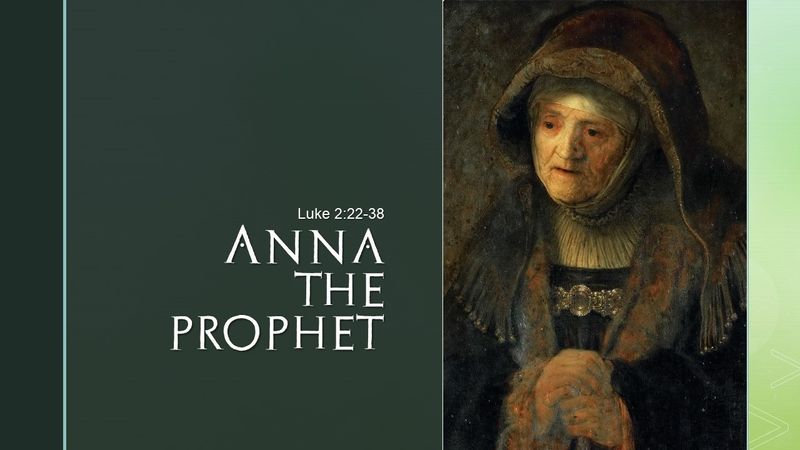Through scripture, God has given us a revelation of himself. It’s a no-brainer that we ought to read and study these books to the best of our ability. But what exactly does that mean? We’re often taught that by reading scripture we gain direct access to God. And while that is true in one sense, it’s also not that simple.
God has revealed himself through a particular medium: story. Since God is outside of this world, that means we can’t really know anything about God apart from the media through which he chooses to reveal himself. So in order to understand what scripture reveals about God, we have to do everything we can to understand the stories, not as conduits of God’s revelation, but first and foremost as the stories themselves.
If we wanted to study Ernest Hemingway, for example, how would we go about doing it? We might read a biography or visit his museum or surf Wikipedia. But the best way to study Hemingway is to read Hemingway.
So we pick up a copy of The Sun Also Rises, flip open to a random page, read a sentence or two, a paragraph if we’re feeling really inspired, and ask ourselves, “What does this teach me about Earnest Hemingway?” We spend some time reflecting on the sentences, we write in our journals, and then we come up with ways to put what we’ve learned into practice in our own lives. This is how reading works, right?
No! We pick up The Sun Also Rises and immerse ourselves in the imaginative world created by Hemingway. We step into the shoes of Jake Barnes and Robert Cohn. We experience first-hand their love, their heartbreak, their angst. We travel to Spain, we watch bullfights, we become a part of the lost generation. This is reading.
Then we’d pick up A Farewell to Arms or The Old Man and the Sea and do it all over again. And we’d keep working our way through his works until we have a feel for his style, his ideas, the themes that are important to him. Before we even realize it, we come to an understanding of Hemingway deeper than any biography could have taken us.
Why would this work any differently when we approach the biblical texts? Before these texts are vehicles of God’s revelation, they are literary works of art intended to immerse, to inspire, to be experienced and enjoyed. God’s revelation is nested in literary works of art; therefore, to get to that divine revelation, we have to first dive into the literary masterpieces that make up the Bible. There are no shortcuts.
You see, so many people don’t know how to read the Bible today because so many people don’t know how to read literature.
Over mine and Gabriel’s next few posts on Misfits, we’re going to talk about how to read the Bible. Before we do, I want to introduce the concept and the need for imaginative hermeneutics.
What is the Imagination?
I’ve written on the imagination in more detail elsewhere (here, here, and here for example), but a brief definition here is necessary before we continue. The imagination, in a nutshell, is the human capacity to create experiences in our minds.
Have you ever thought about a stressful possibility that hadn’t even happened yet? You start to feel your body get tense. Maybe your heart rate increases. Your palms get a little damp.
Or have you ever thought about someone you couldn’t live without? Your heart rate increases for another reason, accompanied by butterflies in your stomach. That person may be miles away, but your body is acting like they’re standing right next to you.
Our imaginations have a certain power over us. They can create images that fool our bodies into believing that we are experiencing these images in real time. As a result, the imagination can be both a blessing and a curse.
When we turn to literature, the imagination plays a crucial role. Whether we’re reading fiction or nonfiction, we need our imaginations in order to make the books come to life. Thus, when we read The Sun Also Rises, we’re not just reading about the Années folles and the Roaring Twenties. We’re living them. When we pick up Harry Potter, we’re not digesting information about a boy wizard’s educational journey. We’re walking the halls of Hogwarts, learning defense against the dark arts alongside him.
This is so important, because without our imaginations, reading becomes a simple act of translation. Information moves from the words on the page into our brains, and that’s the end of it. With the imagination, reading becomes an act of transformation. Something profound happens to us as we read. When the characters in the book come of age, so do we. When they experience great loss, so do we. When they win, when they lose, when they love, when they break, when they fight, when they grow, when they learn… you get the picture.
Our imaginations make us more transformative readers and more empathetic people. Both of which the world is lacking.
Imagination and the Bible
As we turn our attention to the Bible, the imagination doesn’t play any less of a role. The Bible is a collection of books whose mission is not to relay information of God to the reader, but to give the reader a certain transformative experience.
When we read the Bible, and I mean really read the Bible, when we immerse ourselves in its imaginative world, something happens to us. As we live the storyline of the Israelites and of Jesus, as we experience sin and redemption and life and death and hope and salvation, we are transformed from the inside out.
In the Bible, we experience the literary works of art they were intended to be. But more than that, we experience God and his Kingdom. We experience the world the way it was meant to be. When our imaginations are elevated above our messy lives and brought into this new world of God, we begin to experience true reality. And we are changed because of that. When we experience this reality in scripture, we begin to live it in the world around us. When we let the Bible do its transformative work in us, we bring the words of scripture to life. We begin to live lives dedicated to God’s Kingdom. And when we do that, we bring God’s transformative work into the world.
Connaitre vs. Savoir
I’ve gotten into the habit of peppering my posts with C. S. Lewis quotes, because apparently I don’t know how to quote any other theologian. Today is no different. This is from one of his lesser known works, An Experiment in Criticism.
“It is connaitre not savoir; it is erleben; we become these other selves. Not only nor chiefly in order to see what they are like but in order to see what they see, to occupy, for a while, their seat in the great theatre, to use their spectacles and be made free of whatever insights, joys, terrors, wonders or merriment those spectacles reveal.”
This is what reading is. Not savoir (head knowledge) but connaitre (experiential knowledge). Occupying someone else’s seat in the great theatre. And this is what reading the Bible is. Not filling our heads with information, but experiencing the true reality that is God’s kingdom.
Next we’ll talk about the nature of the Bible. What is it? What is its purpose? What does it mean that it’s inspired and authoritative? And how does all of that affect how we read it?




